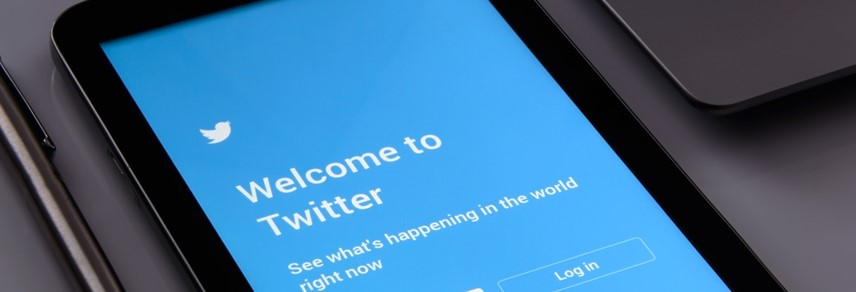
NIGERIA’S TWITTER BAN THREATENS PR AND COMMS
Over 39 million citizens in Nigeria use Twitter for communication, networking and information purposes. On 4 June the Nigerian government announced it was suspending Twitter’s operations, threatening the freedom of speech and businesses ability to communicate.
The decision came after the social media platform deleted a tweet by President Muhammadu Buhari, claiming it broke community guidelines. The government released a statement saying, "There has been a litany of problems with the social media platform in Nigeria, where misinformation and fake news spread through it have had real world violent consequences.”
The ban poses a threat to free speech and public discourse as individuals and business lose access to one of the biggest communication platforms connecting people globally. Francis Ingham, director general of the PRCA and ICCO chief executive says, “The Federal Government of Nigeria’s decision to ban Twitter is deeply concerning. Freedom of speech is a fundamental human right and the global PR industry is united in its belief that this matter must be resolved quickly.”
Many individual citizens are using a Virtual Private Network (VPN) to continue using Twitter after the government blocked access. However for businesses already struggling to survive post Covid-19, continuing use has serious risks after the Attorney General announced any citizen or organisation found using the platform would be prosecuted.
The PRCA and ICCO released a joint statement with Black House Media, a PR and digital comms agency based in Lagos, on 10 June calling for the Federal Government of Nigeria to constructively address the Twitter ban and find a positive solution.
Ayeni Adekule, CEO of Black House Media, says, “Nigeria is an African leader, and it is our wish that the government would focus on the value platforms like Twitter add to free speech, public conversations, social collaborations, media innovation, and electronic commerce while working with big tech to optimize around identified downsides."
For small and medium sized businesses that use social media to sell goods and connect with consumers, the ban may catastrophic. “Public relations cannot operate effectively without free speech and free media. We stand shoulder to shoulder with BHM and our Nigerian colleagues in advocating for freedom of expression, open internet, and constructive dialogue,” adds Ingham.


